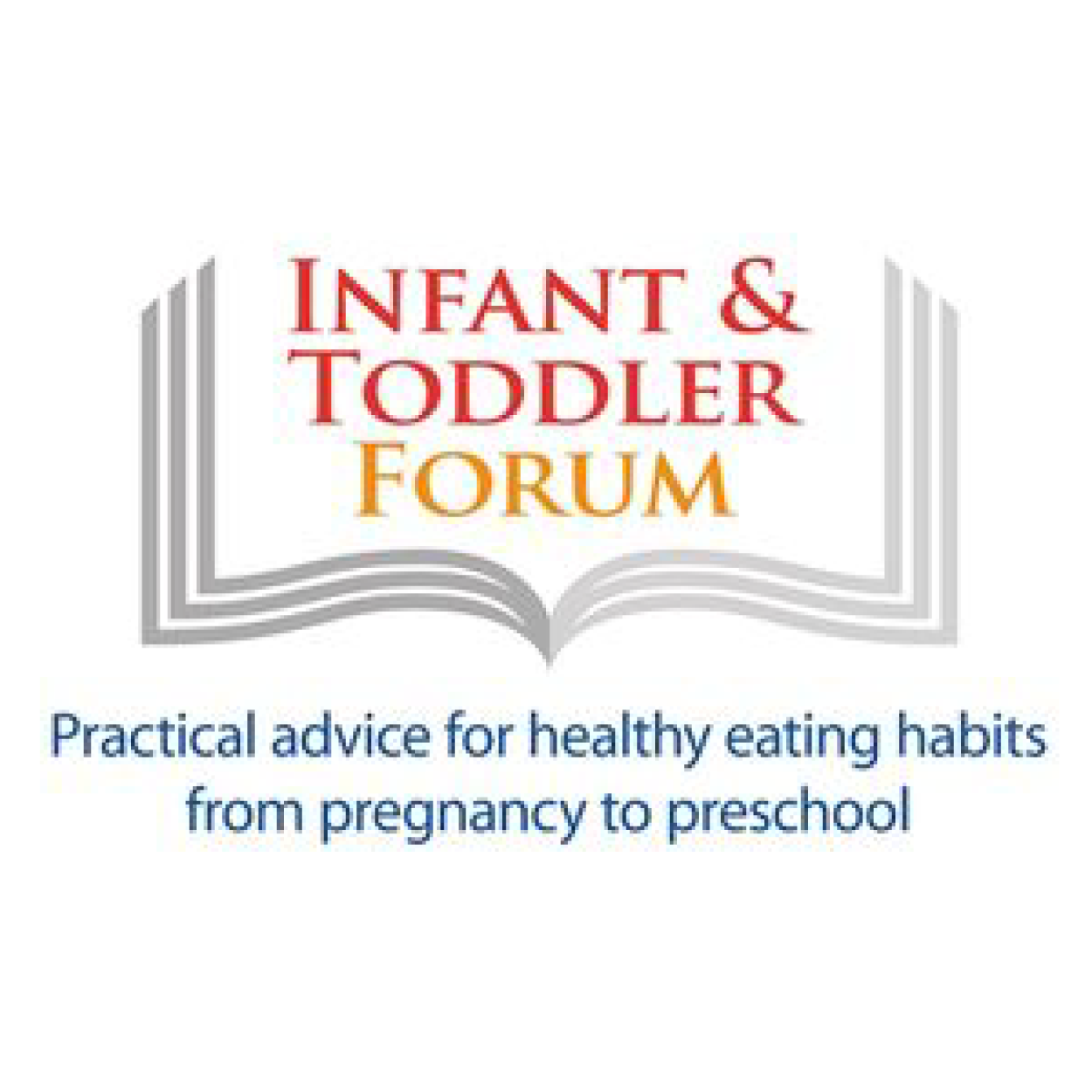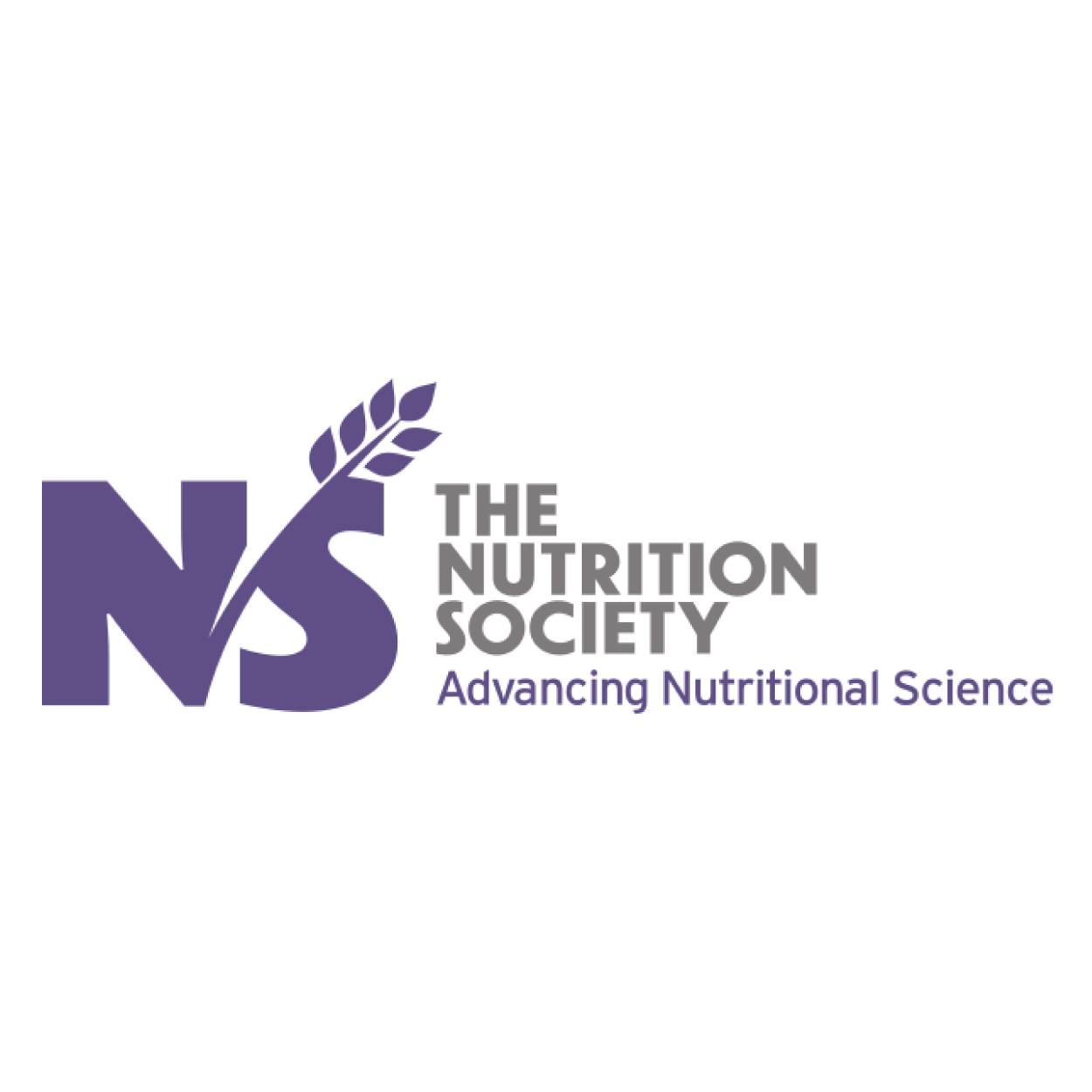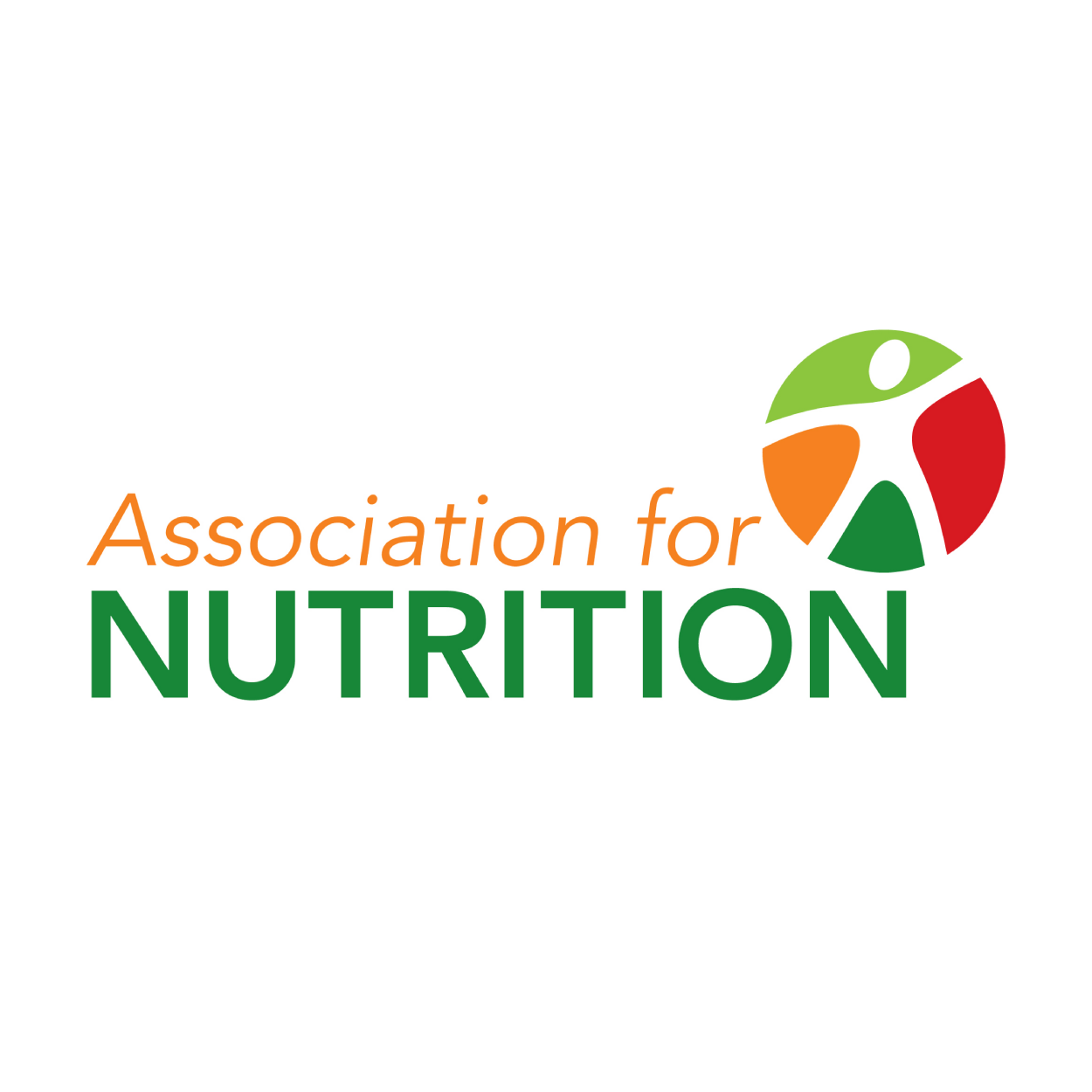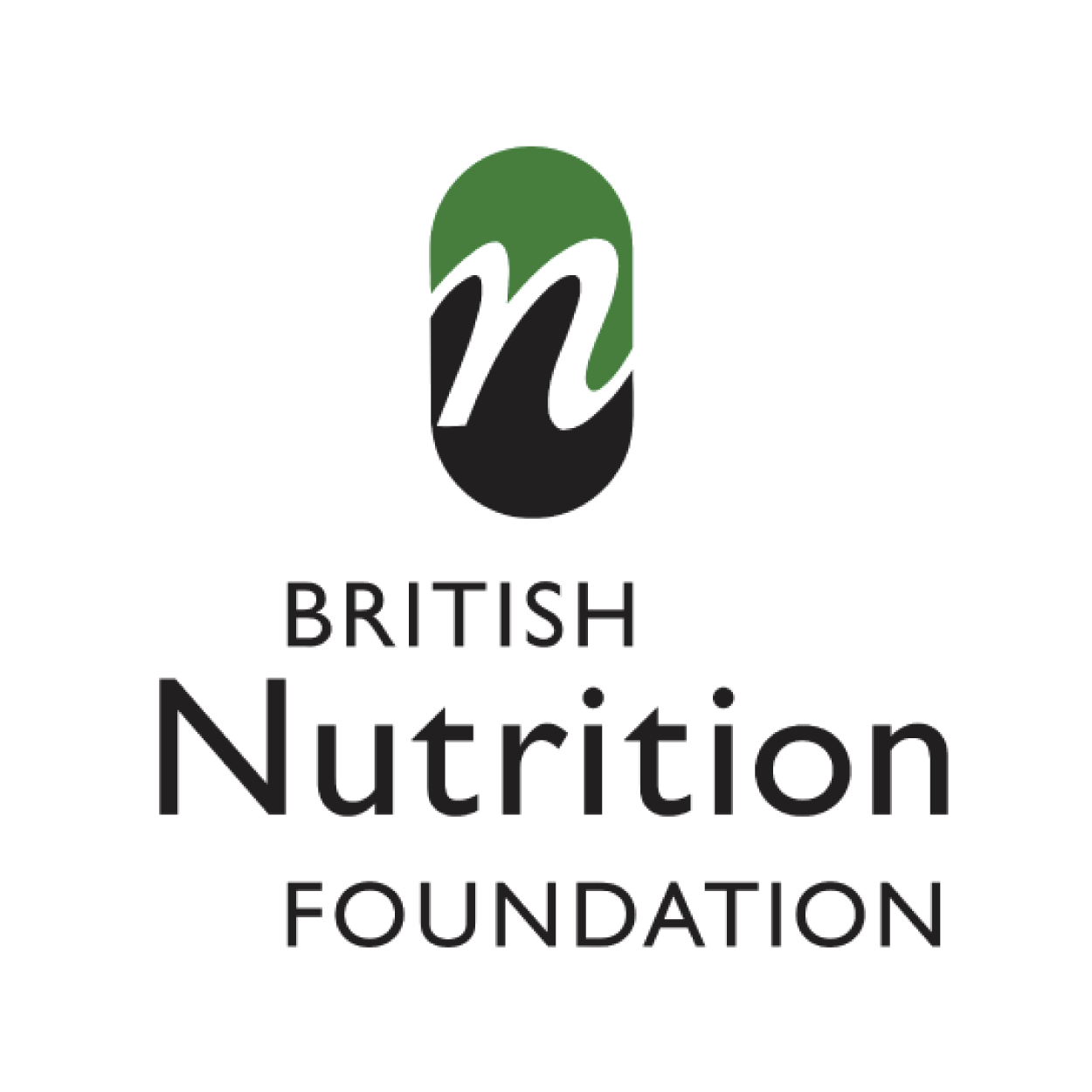Choosing a Formula MIlK
All First Infant Milks or infant formulas are suitable for babies from birth to twelve months of age. There is now a huge variety of them and prices vary but they will all adequately nourish your baby. The formula milks must all comply to very strict legal regulations to protect and support your baby’s health, growth and development.
They provide all the nutrients your baby needs except adequate vitamin D. Babies need a daily supplement of vitamin D from birth (10 micrograms (400 IU) vitamin D3). It is best to continue this supplement even when your baby is drinking more than 500mls ( 17oz) formula milk each day as 500mls of some formulas does not provide the recommended 10 micrograms of vitamin D3.
Why do the prices vary?
Research into breastmilk is slowly revealing more about the complex ingredients of breastmilk and some formula milk companies add small quantities of newly discovered breastmilk ingredients. These additions are expensive and so the price is increased. ‘Advanced’ and ‘PRO’ are used on the labels to highlight these more expensive formulas. The extra added ingredients may, or may not, make a tiny difference to your baby’s growth or development. It is by no means certain. You can be confident you are doing the best for your baby when you buy the cheaper formula milks.
Are Organic Formulas safer?
Regulations governing the contents of infant formula milks are so strict that organic and non organic formulas are virtually the same.
What are the Different types of Infant formulas?
First Infant Milks:
The whey and casein proteins are in the same ratio as mature breast milk. These formulas contain lactose, the milk sugar and the fat content is from vegetable oils or a mixture of milk fat and vegetable oils.
Brands based on cows’ milk: Aptamil, Cow & Gate, Hipp Organic, SMA, Bebivita, Kendamil, Mamia, Similac. Some supermarkets offer their own brand and they are made to the same strict regulations.
Brands based on goats’ milk: Kabrita, Kendamil Goat
2. Comfort Milks:
They are promoted for babies with digestive problems such as colic and mild constipation. They contain partially hydrolysed whey protein and have a lower lactose content as some lactose has been replaced by starch, glucose or dextrose. They also contain different fat blends. Partially hydrolysed means some of the protein is broken down into smaller pieces of protein.
Brands based on cows’ milk: Aptamil, Cow & Gate, Kendamil, SMA
3. Anti-Reflux Formulas
Thickeners are added to these formulas to make them slightly thicker than the other formulas.
4. Hungry Infant Formulas:
The whey and casein proteins are in the same ratio as cows’ or goat’s milk as extra whey protein has not been added. These formulas do not have more energy (calories) than First infant milks as the ‘Hungry’ label implies. Their higher casein level may slightly slow down gastric emptying and theoretically keep your baby satisfied for longer. Babies changing to this milk from breast milk or a first infant milk sometimes become constipated.
Brands based on cows’ milk: Aptamil, Cow & Gate, Hipp Organic, SMA.
Brands based on goats’ milk: Nannycare First Infant Milk uses whole goats’ milk as a base with no added whey to provide a more natural product and is not labelled as ‘Hungry’.
5. Lactose Free Formulas:
These formulas contain glucose in place of the milk sugar lactose. Lactose intolerance is extremely rare but some babies with discomfort may tolerate this milk better than first infant formulas.
6. Soya Infant formulas:
The protein all comes from soya beans and they contain glucose in place of lactose. They are suitable from birth but the UK Department of Health does not recommend soya formulas to be used for babies under 6 months old because they contain low levels of phytoestrogens. This is very cautionary advice as research shows that soya formula milks do not cause problems for male or female babies.
Only UK Brand: SMA Wysoy
Follow on formulas
These formulas are an option from 6 months onwards but it is not necessary to change to these formulas. However babies who are making slow progress with weaning onto solid food may benefit from them through their higher iron content. They also have slightly higher levels of some vitamins and minerals.
Brands based on cows’ milk: Aptamil, Cow & Gate, Hipp Organic, SMA, Bebivita, Kendamil, Mamia, Similac, Supermarket own brands.
Brands based on goats’ milk: Kabrita, Kendamil Goat, Nannycare
Toddler milks and Growing Up Milks
It is not necessary to use these formula milks as whole cows’ milk with a balanced diet and a daily vitamin D supplement will provide all the nutrients your toddler needs. These formulas are higher in iron than cows’ milk and can be used for toddlers who do not eat well although giving a vitamin and mineral supplement along with whole cows mik is a cheaper alternative.
Brands based on cows’ milk: Aptamil, Cow & Gate, Hipp Organic, SMA, Bebivita, Kendamil, Similac, supermarket own brands.
Brands based on goats’ milk: Kabrita, Kendamil Goat, Nannycare







